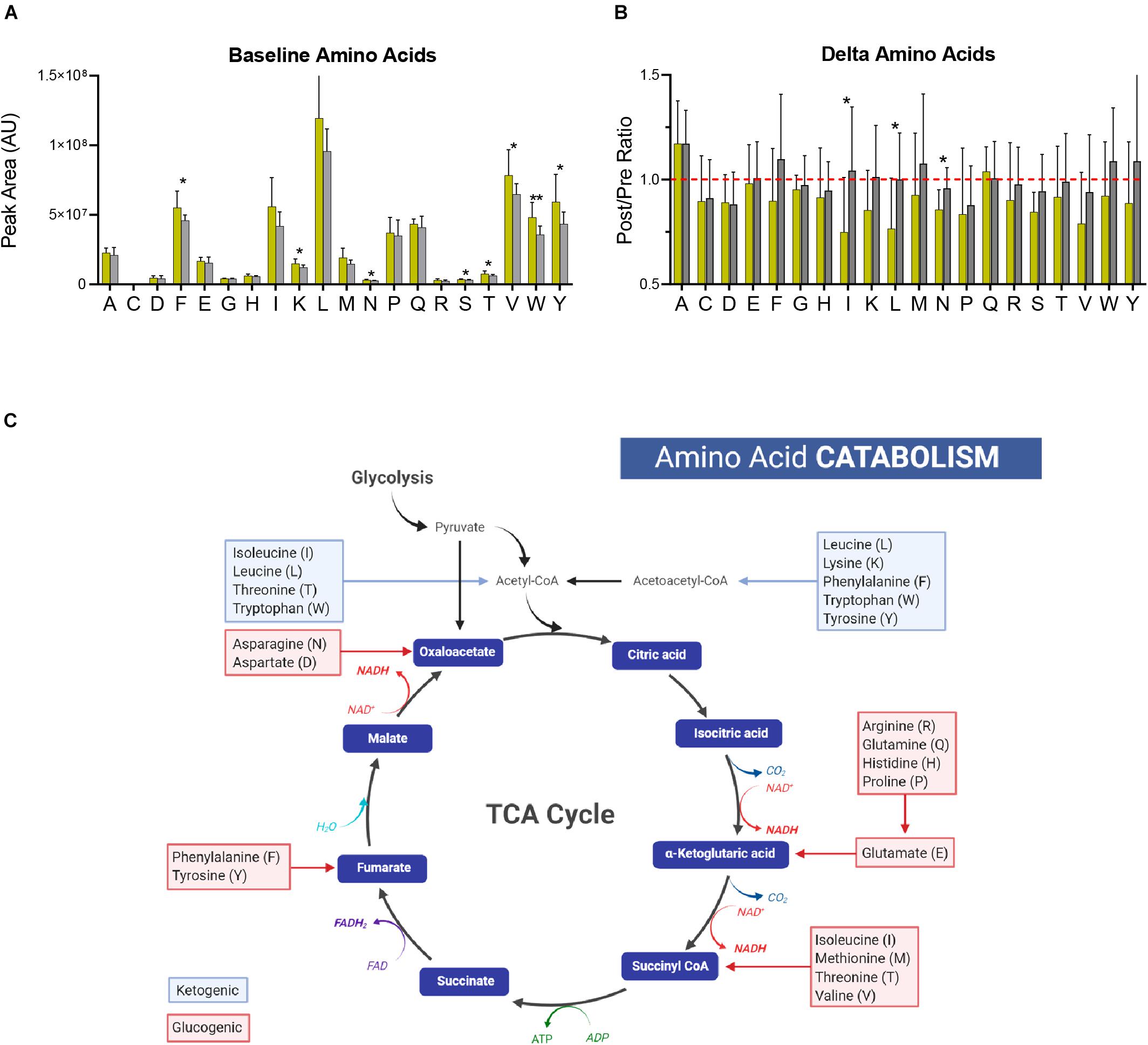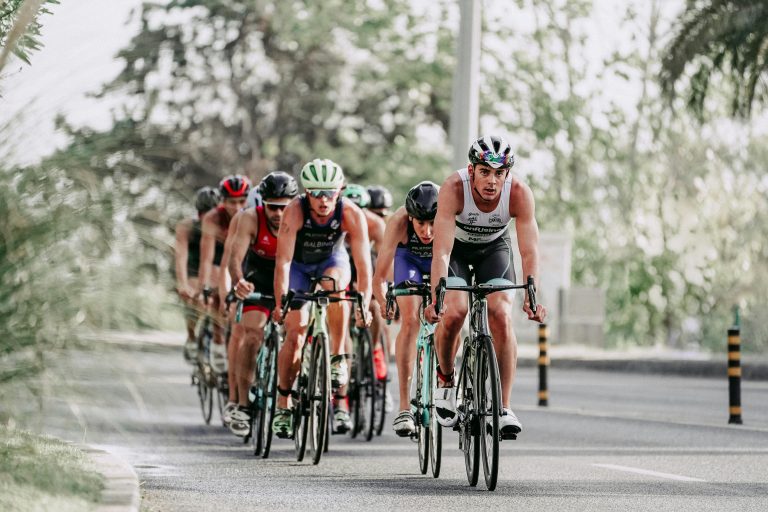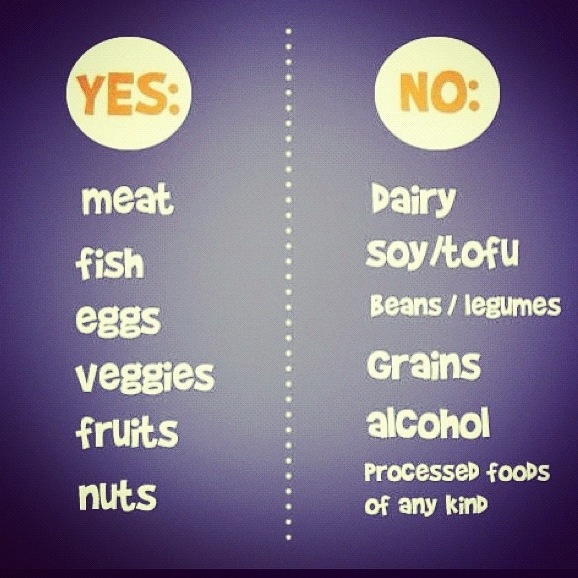# Protein Needs for Endurance Cyclists: Fueling Your Ride
Endurance cycling is more than just pedaling long distances; it’s about optimizing your performance and recovery. Whether you’re a weekend warrior or aiming for competitive races, understanding your protein needs can dramatically impact your journey. Maintaining a balanced diet is crucial for all cyclists, but protein needs from endurance cyclists are distinct due to their unique demands. Let’s dive into why protein intake is essential and how to optimize it for elite performance.
Understanding Why Protein is Essential for Cyclists
Cyclists primarily focus on carbohydrates due to their immediate energy benefits. However, protein plays a pivotal role in muscle recovery and athletic performance. For endurance cyclists, consistent rides mean prolonged muscle use, necessitating adequate protein for repair and growth.
When you focus on cycling performance metrics, factors like endurance, power output, and speed are crucial. Proper protein intake helps improve these metrics by aiding muscle repair post-exercise and facilitating effective protein synthesis during rest.
How Much Protein Do Endurance Cyclists Need?
A key question on every endurance cyclist’s mind is: “What are my specific protein requirements?” The protein needs of endurance athletes differ from the average person. For cycling nutrition enthusiasts, a common recommendation is 1.2 to 1.6 grams of protein per kilogram of body weight daily. This range should be adjusted depending on the intensity and volume of training.
Ensuring you hit the optimal protein intake is critical for sustaining performance across long distance competences. Engaging in scientifically-backed studies reveals that consistent protein-rich foods intake enhances recovery and performance.
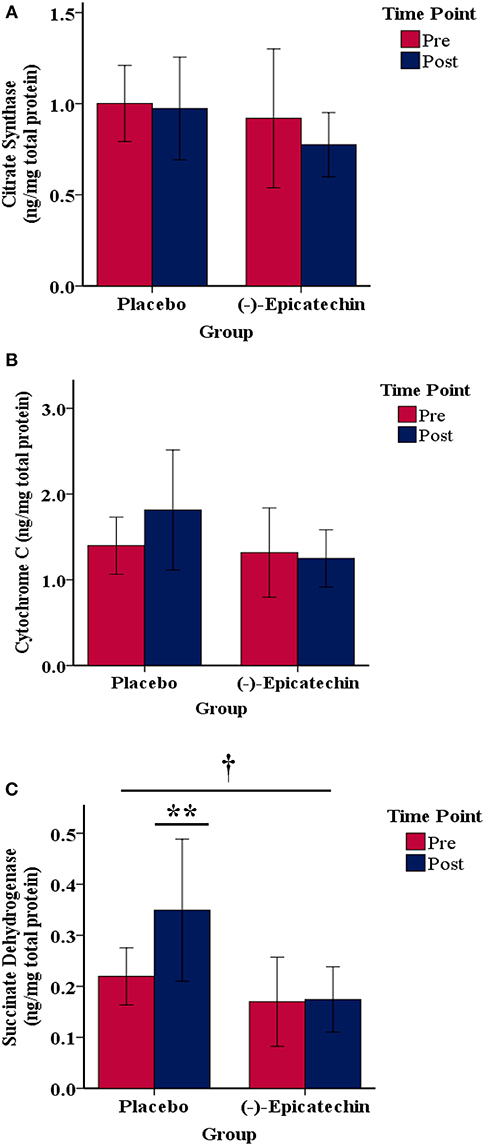
The Role of Amino Acids in Endurance Cycling
Amino acids are the building blocks of protein, crucial for muscle repair and growth. Among them, leucine stands out for its ability to stimulate muscle protein synthesis more effectively. Endurance athletes should prioritize foods high in leucine, such as eggs, soy, and beef, to support overall muscle health.
Importance of Protein Timing
Timing your protein intake effectively can make a difference in recovery and performance. Ideally, you should consume a protein-rich snack within 30 minutes post-ride. This critical window enhances muscle repair and replenishes depleted stores. Combining protein with carbohydrates can further expedite recovery by promoting a better carbohydrate-protein ratio.
Choosing the Right protein sources
An effective sports nutrition plan incorporates diverse protein sources, including plant-based options. Here’s a look at some ideal protein-rich foods:
– Lean meats like chicken and fish
– Dairy products, such as milk and yogurt
– Plant-based sources like beans and lentils
– Protein supplements, such as whey protein powder
Selecting protein sources that suit your dietary preferences and exercise levels ensures you maintain a healthy protein balance. When considering protein supplements, consult a sports nutritionist to tailor them around your cycling routine.
Breaking Down Protein Metabolism and Balance
Understanding how your body metabolizes protein can guide your dietary choices. Protein metabolism involves breaking down consumed protein into amino acids, which support various bodily functions. Achieving protein balance means eating enough protein to match or exceed what the body breaks down, essential for muscle maintenance.
Challenging rides on long-distance cycling require cyclists to maintain an adequate protein metabolism balance, ensuring muscle repair and growth.
Navigating Energy Expenditure and Protein Needs
The energy expenditure of endurance cycling can vary immensely based on the ride’s intensity and duration. To optimize protein metabolism, increasing protein intake proportionally with energy expenditure is necessary. It ensures that the additional caloric demands of cycling do not steal essential protein from muscle uses.
Advanced Nutrition Techniques and Cycling Performance
Enhancing cycling performance often involves fine-tuning your nutrition plan based on recent data and innovations.
Accommodating Dietary Protein with Advanced Strategies
For precision athletes interested in power-based training, adjusting protein intake when incorporating increased strength work is beneficial. Studies indicate higher protein can complement strength training, promoting lean muscle growth without compromising endurance.
Applying Nutrition Metrics to Optimize Results
Tracking cycling cadence, heart rate, and energy expenditure using metrics like power meters can provide insights into areas needing improvement. Utilizing data to correlate with dietary intake helps tweak your nutrition plan based on feedback from performance spheres. Consider cycling cadence and performance metrics as real-life indicators guiding your nutritional adjustments.
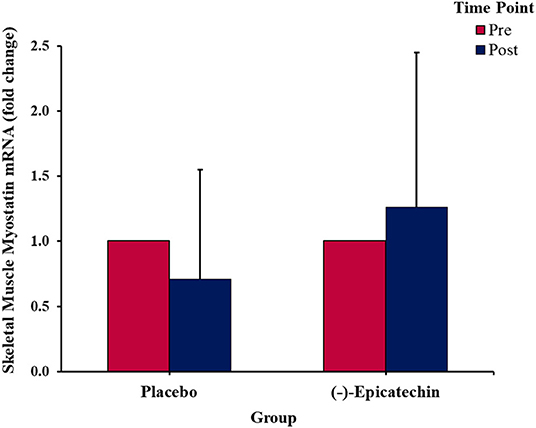
Cycling Safety and Protein Support
Cycling resilience also includes injury prevention. Consistent protein intake aids in muscle integrity, minimizing overuse injuries. This aspect is vital when focusing on safety tips, such as selecting appropriate bike maintenance strategies and gear designed to prevent unnecessary strain on muscles.
User-Focused Advice for Optimizing Protein Needs
Cyclists with various intents, from improving endurance to refining technique, must approach protein intake thoughtfully. Here’s where actionable advice can keep you on track:
– Plan protein-rich meals around your cycling schedule.
– Leverage protein-rich snacking to fuel shorter rides.
– Hydrate adequately, as fluid balance complements protein intake and supports digestion.
FAQs
What is the best protein source for endurance cyclists?
The best sources are lean meats, dairy, and plant-based proteins like lentils and tofu. They offer necessary nutrients while complementing different dietary preferences.
How does protein timing affect recovery?
Consuming protein within the post-exercise 30-minute window enhances muscle repair. It maximizes the benefits by speeding up recovery and supporting growth.
Are protein supplements necessary for cyclists?
Supplements can supplement dietary intake but are not mandatory. They are convenient for post-workout recovery or increasing daily intake.
What is an ideal carbohydrate-protein ratio after long rides?
An ideal post-ride ratio is about 3:1 (carbs to protein). This balance replenishes glycogen stores while providing necessary protein for muscle repair.
Can consuming too much protein harm endurance performance?
Excess protein can lead to unnecessary caloric intake, potentially affecting weight and performance. Maintain a balanced diet tailored to your needs.
Conclusion
Understanding the protein needs for endurance cyclists is vital to unlocking peak cycling performance. With strategic protein intake, timing, and varied sources, cyclists enhance their endurance and overall performance. Embrace these tactics and elevate your cycling potential. Whether you’re on a solo ride or a competitive event, fueling your body right can make the journey more rewarding. We encourage you to apply these insights, try new techniques, and share your successes. Happy cycling!
